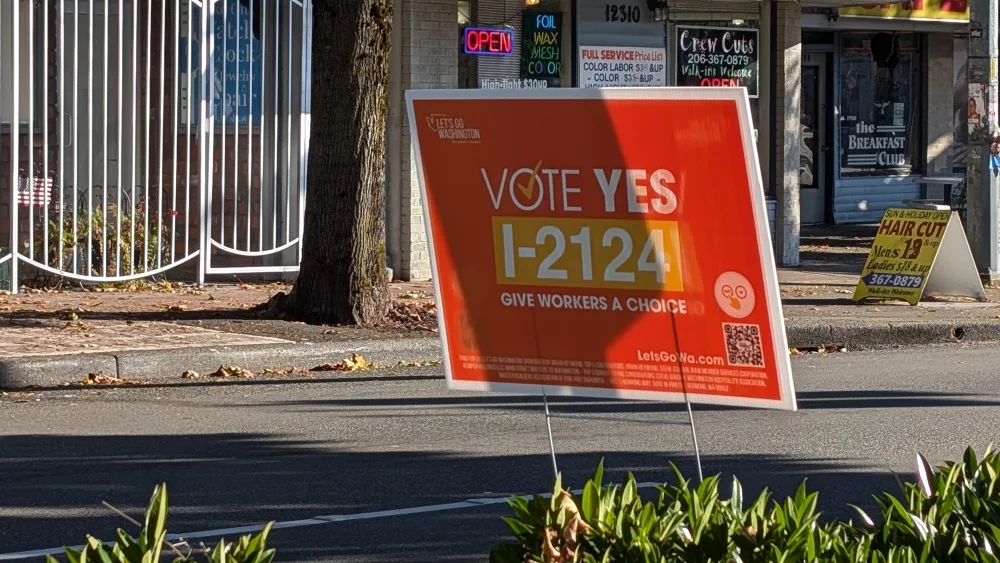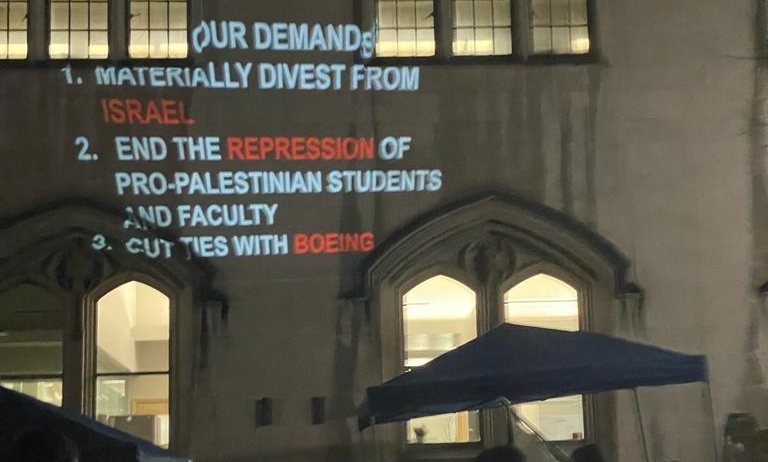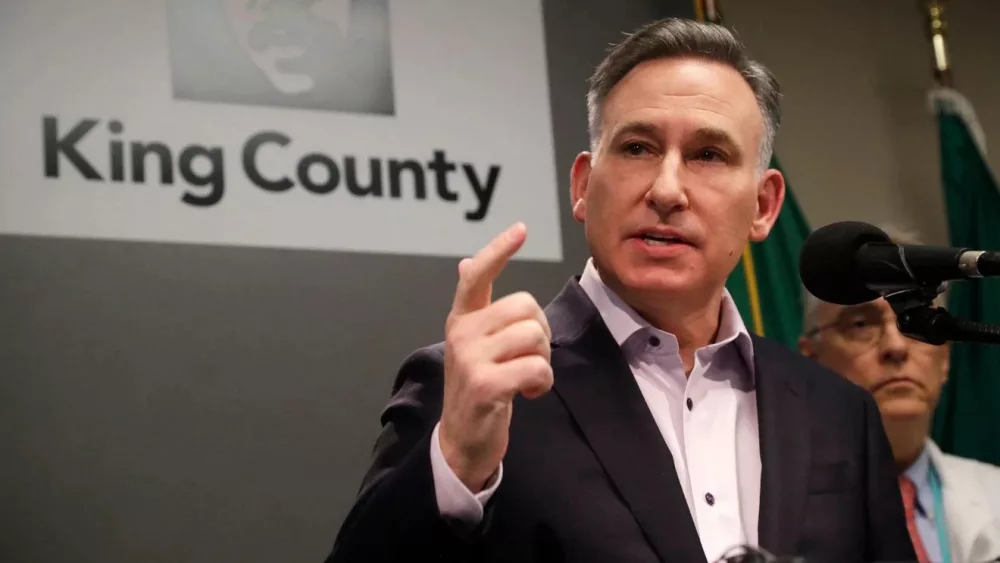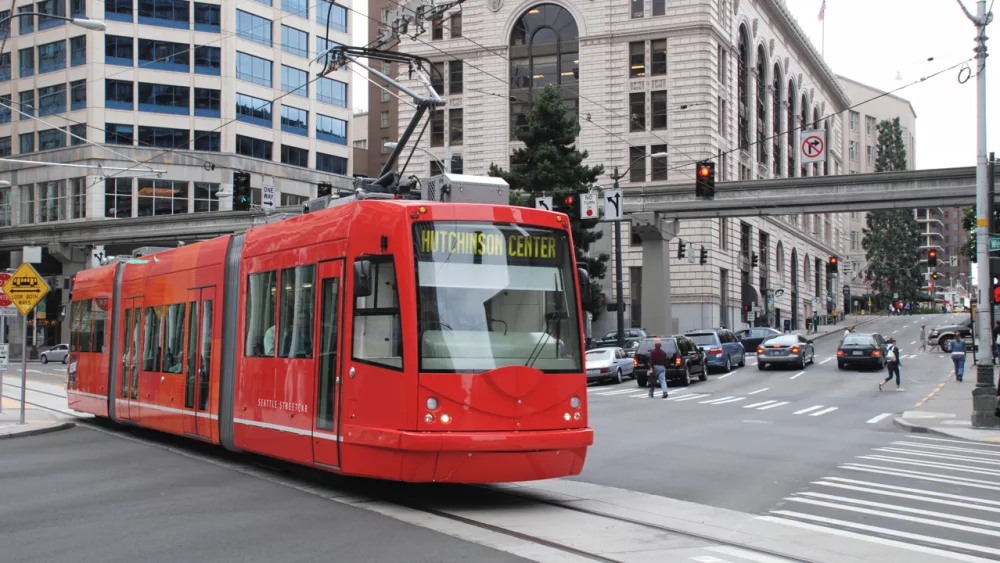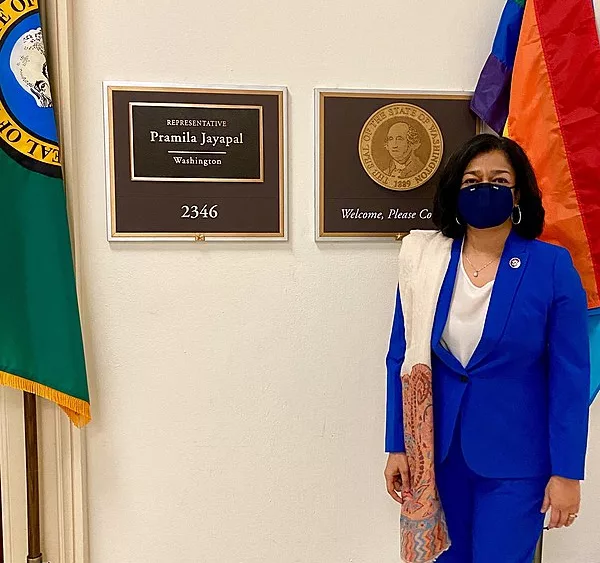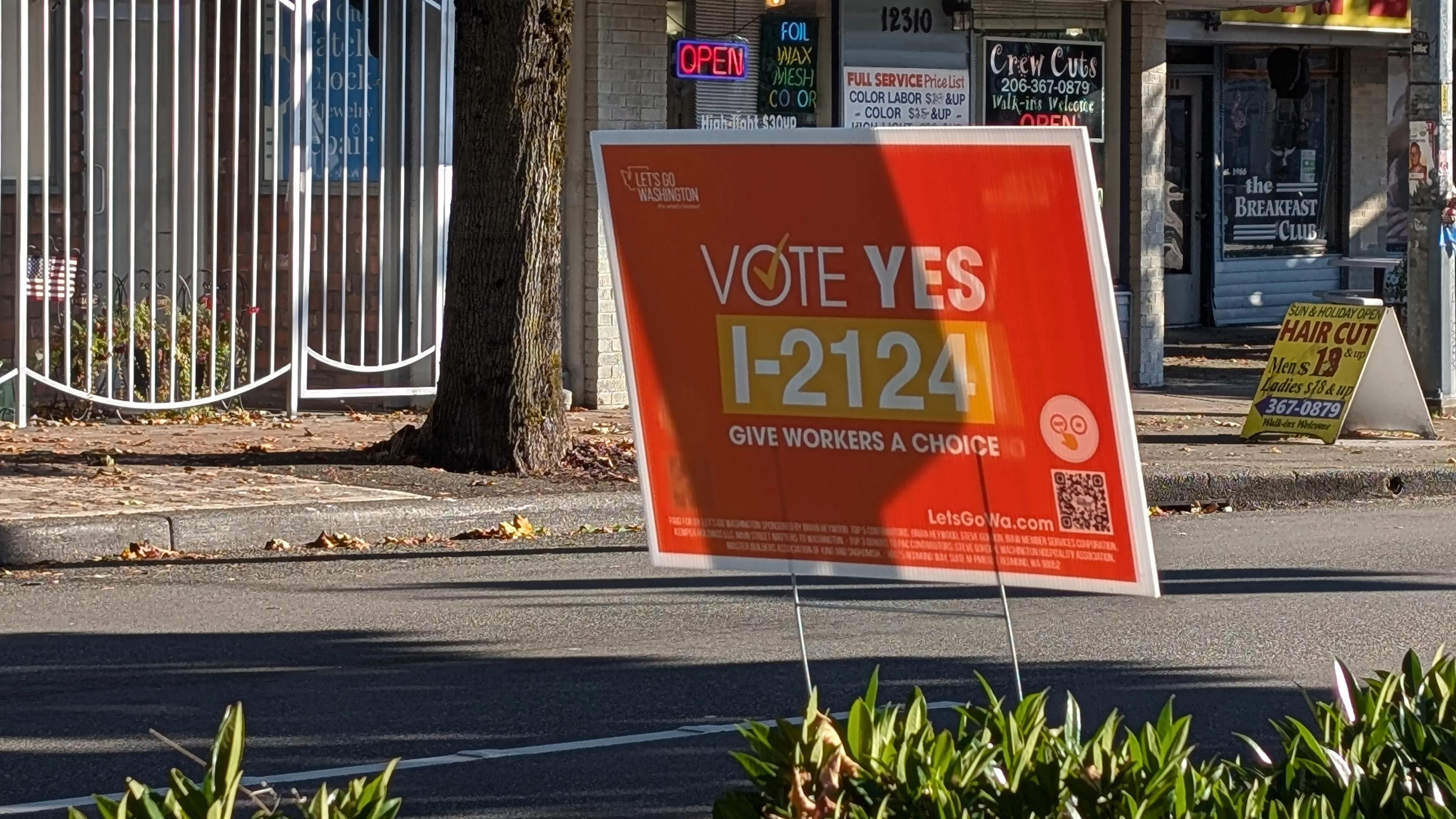
by KVI morning show producer, Phil Vandervort:
Based on the election results posted by the Washington Secretary of State, the most confusing of the four statewide ballot measures in the November general election was I-2124, which would have made a Long Term Care payroll tax an opt-in choice instead of a mandatory program in which workers must participate.
Here are the numbers.
So far, a total of 3,809,474 people voted for President in Washington.
53,447 fewer people (3,756,027) voted for a gubernatorial candidate–Bob Ferguson or Dave Reichert.
A total of 101,591 fewer people (3,707,883) voted for a U.S. Senate candidate–either incumbent Sen. Maria Cantwell or challenger Dr. Raul Garcia M.D.
And when it came to the four statewide WA initiatives even fewer voters marked a bubble on their ballot.
The math would tend to underscore that the most confusing statewide initiative on the November ballot was I-2124 (Initiative Measure No. 2124 concerns state long term care insurance).
A total of 170,773 fewer people voted on I-2124 compared to the highest statewide total who voted for President of the United States. Only 3,638,741 people voted (yes or no) on I-2124 compared to the over 3.8 million who voted for President (in WA). I-2124 failed with a 55.4% ‘no’ vote.
The second most confusing ballot measure based on election results was I-2066. A total of 167,028 fewer people voted on I-2066 compared to President in WA and yet I-2066 passed, with a 51.6% yes vote. I-2066 asked voters to allow or prohibit certain laws and regulations that discourage natural gas use in new home and business construction.
The least confusing of the four initiatives, based on voter engagement, was I-2109 which asked voters to keep or reject a capital gains income tax based on investments. There were only 118,268 fewer voters on that measure compared to the grand total that voted for President in WA. So voters seemed to be most engaged on that subject on their ballot. I-2109 topped this year’s group of ballot measures with a 64% ‘no’ vote.
The differences here illustrate that most Washingtonians were comfortable enough to pick someone for President. There were more votes for President in Washington (over 3.8 million) than for any other contest on the ballot. The fact that the four statewide initiatives received between 118,000 and 170,000 fewer votes shows that voters didn’t immediately understand what they were voting on and decided to just leave it blank.
I-2117, which asked voters to keep or reject a carbon fuel pricing auction that ultimately gets added to or subtracted from the price of gasoline, diesel, natural gas and propane, received 138,262 fewer votes than that of President in the state. I-2117 failed at the ballot but the ballot engagement on it shows that it was the 2nd most understood of the four ballot measures in 2024.


